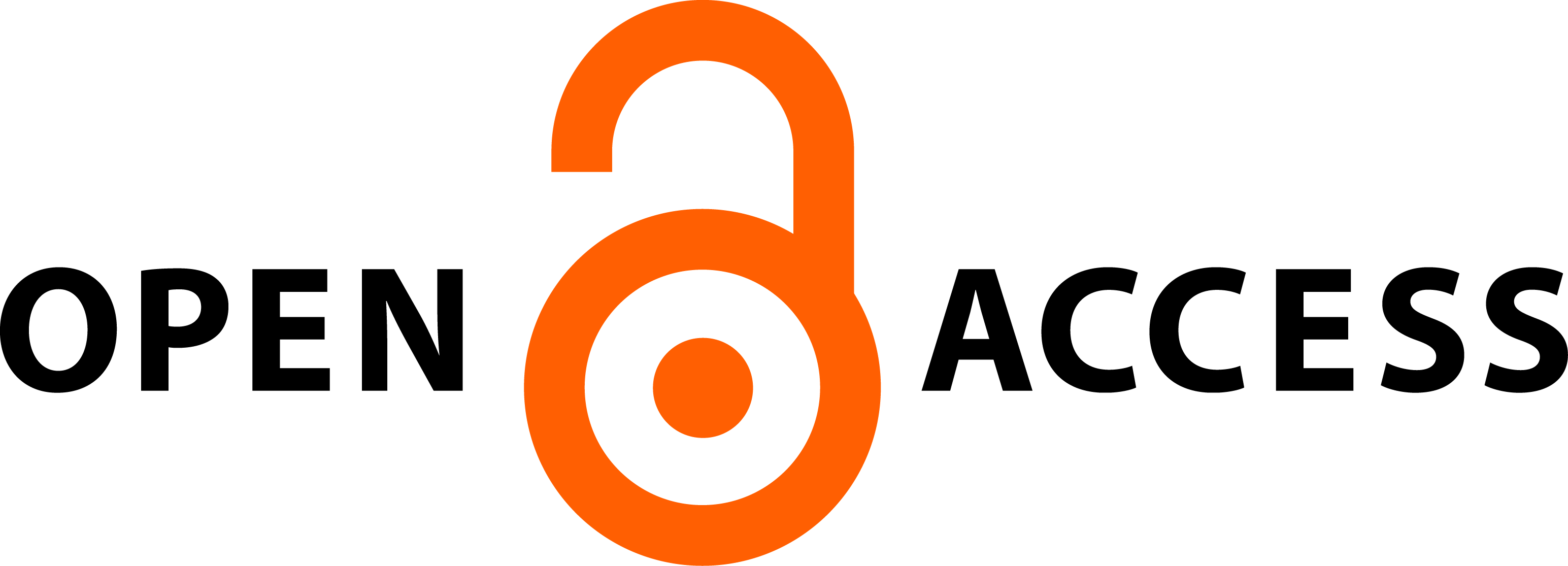Analisis Implementasi Kebijakan Pengelolaan Data Pendidikan Islam Berbasis Education Management Information System
Keywords:
Policy implementation, education data management, EMISAbstract
Abstract
This study aims to analyze the implementation of the policy of the Directorate General of Islamic Education No. 5974 Th. 2019 concerning the management of education data based on the Education Management Information System (EMIS). This study uses library research by investigating books, literature, notes, and reports about EMIS. The results show that three steps must be taken in the EMIS policy, namely organization, interpretation, and application. EMIS-based data management has facilitated decisions and policymaking for the advancement of Islamic educational institutions. However, EMIS as an Islamic education database for policymaking has not been able to be used optimally. because the level of validity and up-to-date (updating) of the data is still not perfect.
Abstrak
Penelitian ini bertujuan menganalis implementasi kebijakan Direktorat Jenderal Pendidikan Islam No. 5974 Th. 2019 tentang pengelolaan data pendidikan berbasis Education Management Information System (EMIS). Penelitian ini menggunakan jenis penelitian library research dengan melakukan penyelidikan terhadap buku, literatur, catatan maupun laporan tentang EMIS. Hasil penelitian menunjukkan bahwa ada tiga langkah yang harus dilakukan dalam kebijakan EMIS yaitu organization, interprestation, dan apllication. Pengelolaan data berbasis EMIS telah memudahkan dalam pengambilan keputusan maupun pengambilan kebijakan untuk kemajuan lembaga pendidikan Islam. Namun EMIS sebagai basis pangkalan data pendidikan Islam untuk pengambilan kebijakan belum mampu digunakan secara maksimal, sebab tingkat validitas dan keterkinian (updating) data masih belum sempurna.
Downloads
Published
Issue
Section
License
Requirements to be met by the author as follows:
- Author storing copyright and grant the journal right of first publication manuscripts simultaneously with licensed under the Creative Commons Attribution License that allows others to share the work with a statement of the work's authorship and initial publication in this journal.
- Authors can enter into the preparation of additional contractual separately for non-exclusive distribution of a rich version of the journal issue (eg:post it to an institutional repository or publish it in a book), with the recognition of initial publication in this journal.
- Authors are allowed and encouraged to post their work online (eg, in institutional repositories or on their website) prior to and during the submission process, because it can lead to productive exchanges, as well as citations earlier and more severe than published works. (see The Effect of Open Access).

















